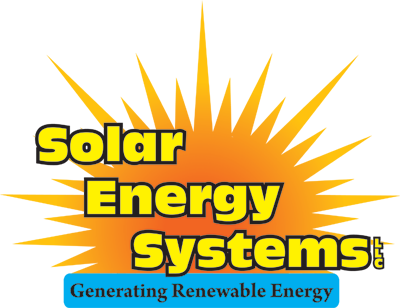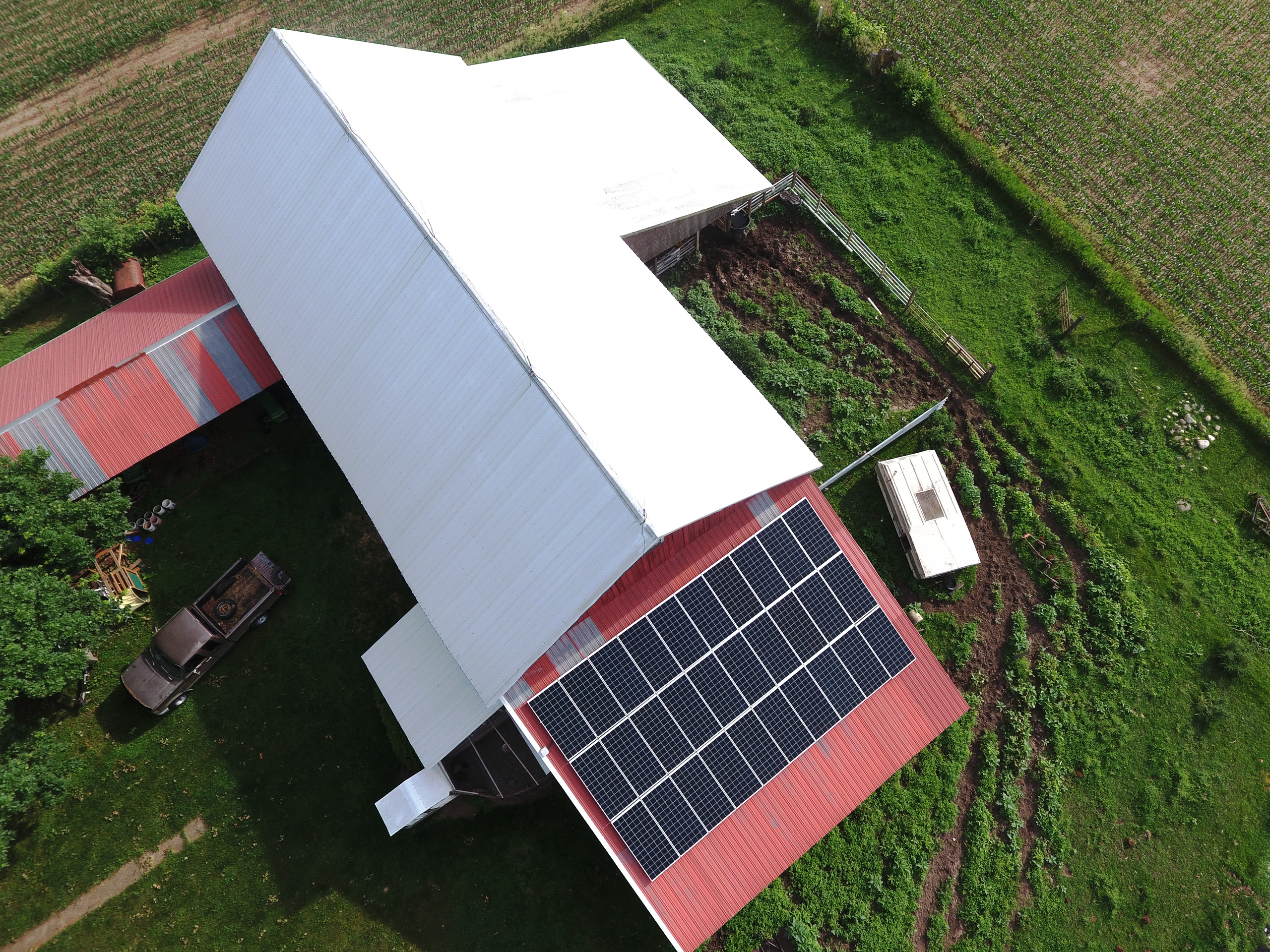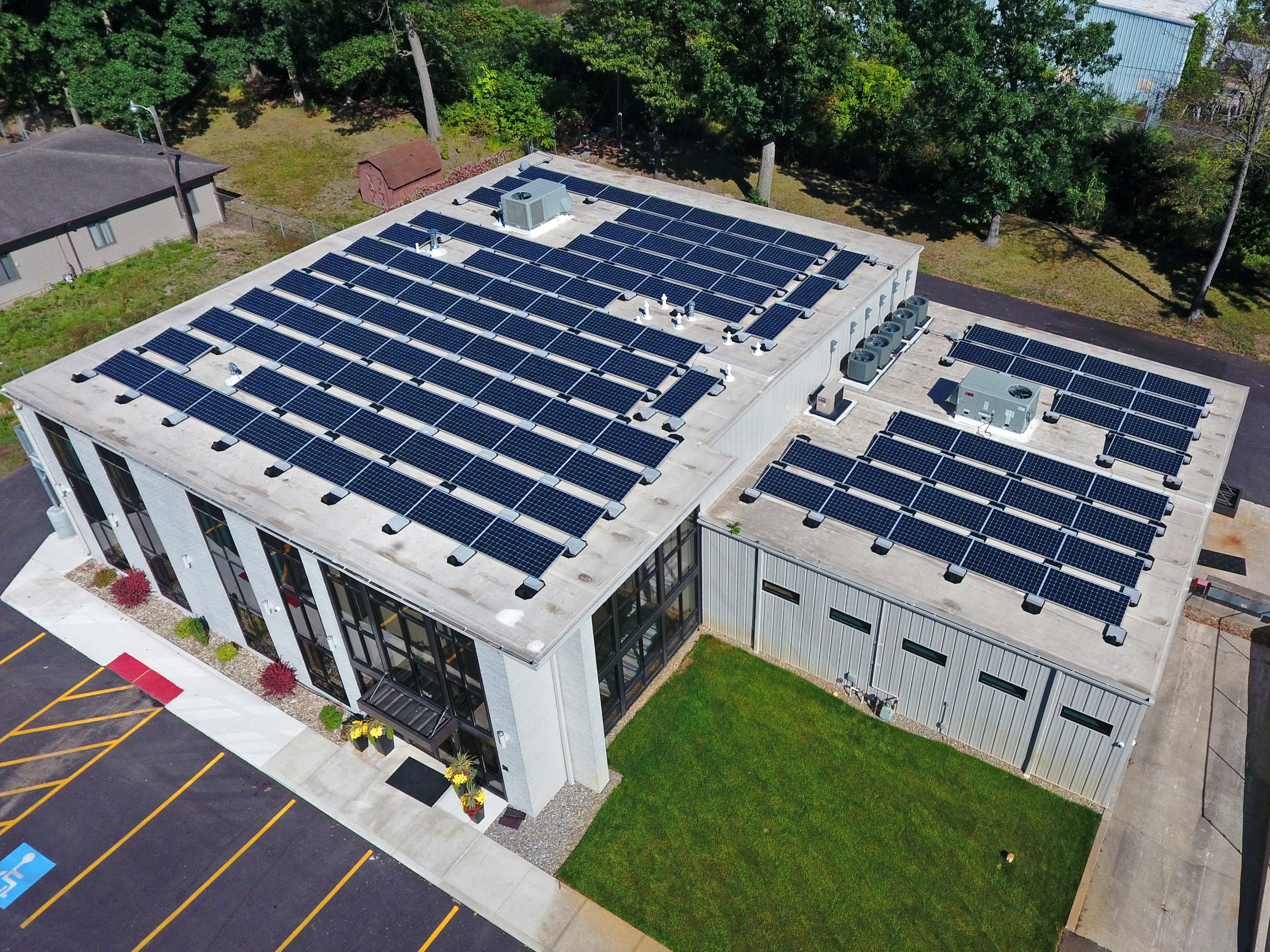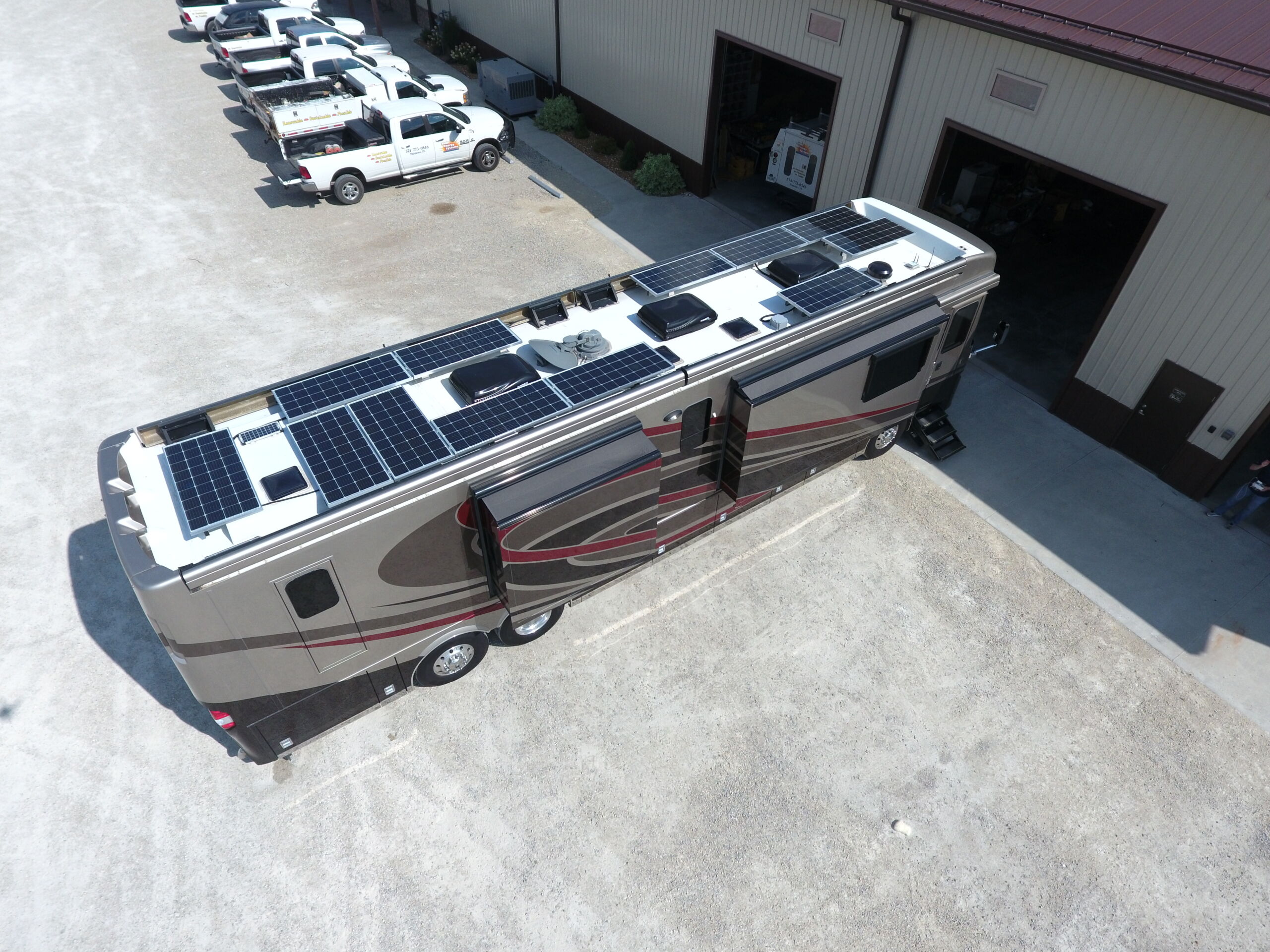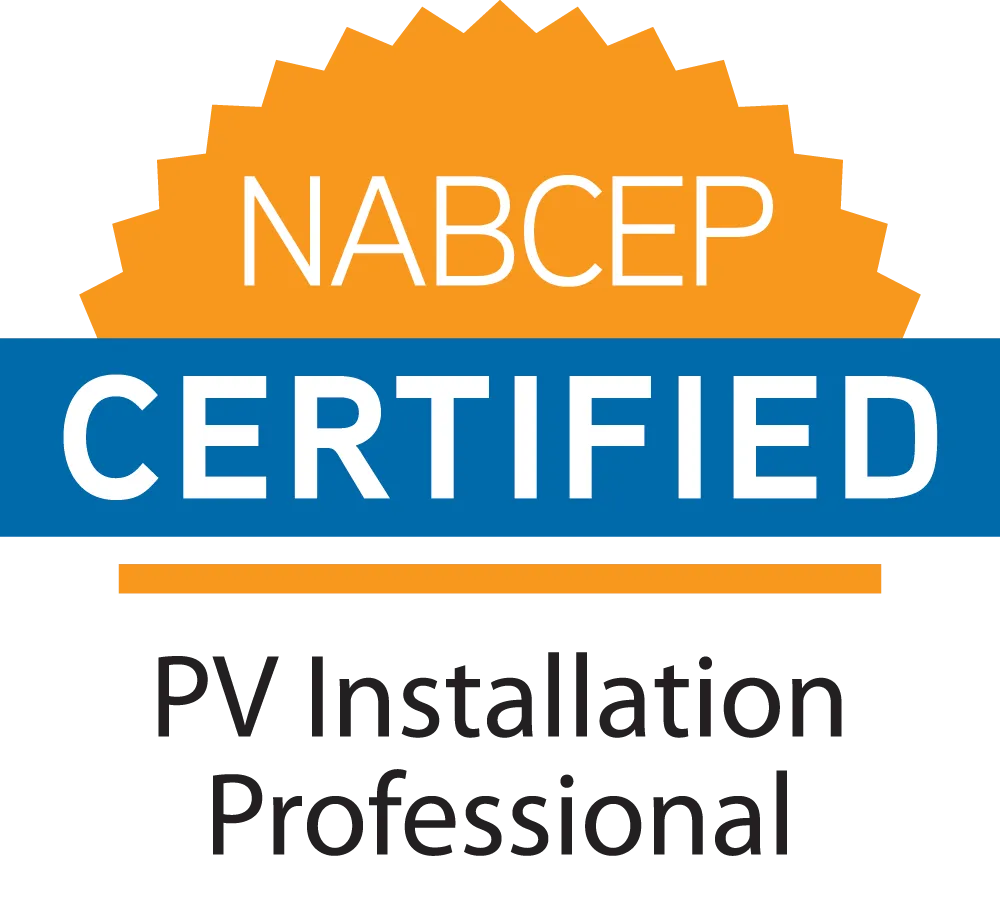Powerful Residential
Solar Energy Solutions
As a homeowner, investing in a solar system has numerous benefits. First and foremost, you can reduce or eliminate your monthly electricity bill by generating your own clean energy from the sun. Not only will you save money, but you’ll also reduce your carbon footprint and contribute to a healthier environment. Plus, solar panels can increase the value of your home and provide a reliable source of power during blackouts and other emergencies.
Home Solar Installation
We offer both off-grid and grid-tied solar solutions to meet the specific needs of each homeowner. Residential solar installation is a popular choice for homeowners who want to take control of their energy usage and reduce their carbon footprint. Solar panels are mounted on the roof or in the yard and capture the sun’s energy, converting it into usable electricity for the home.
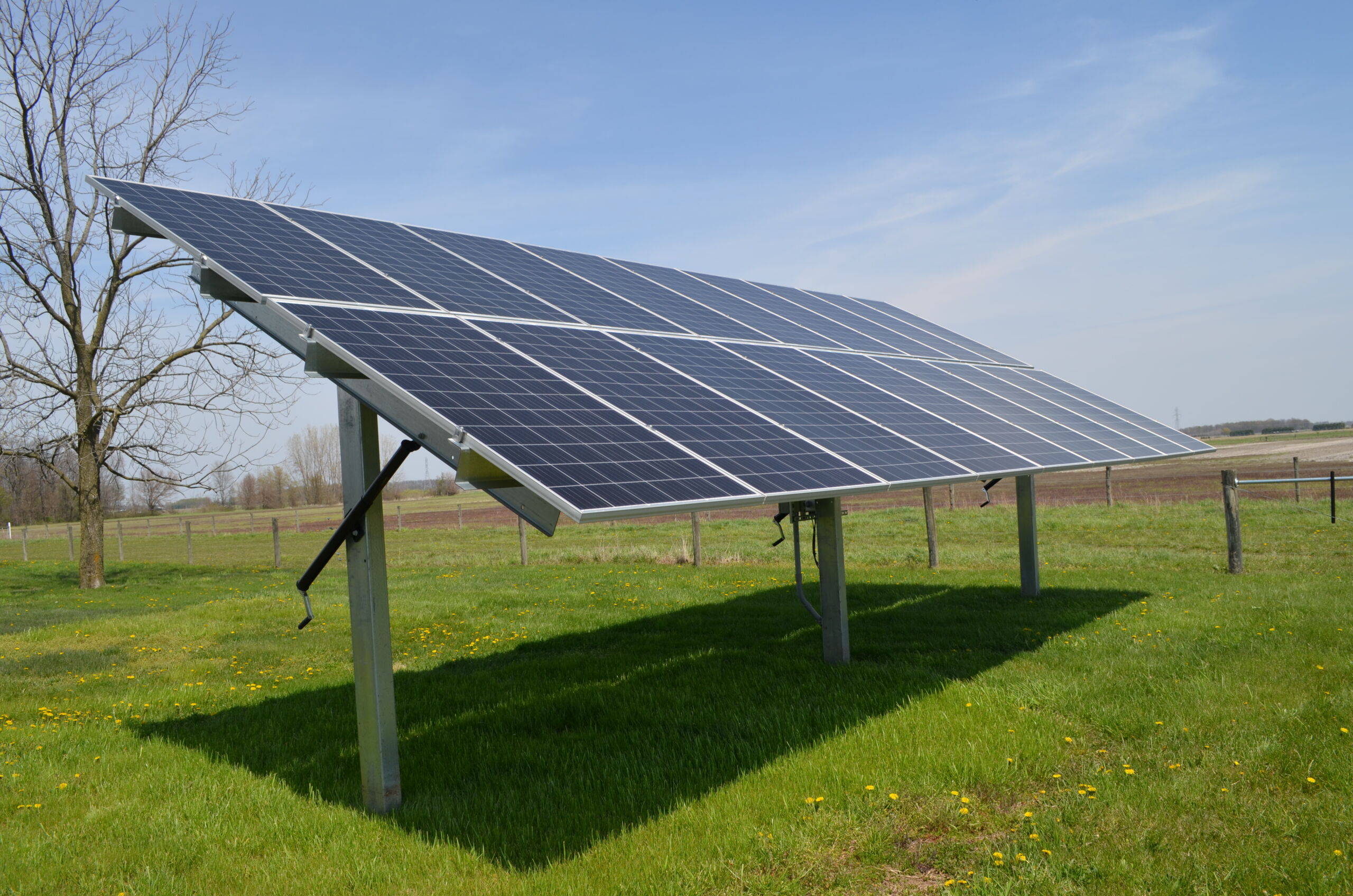
Off-Grid Solar Homes
Off-grid systems are ideal for those who live in remote areas without access to the utility grid or for those who want complete energy independence. Our off-grid solutions include batteries for energy storage and backup power.
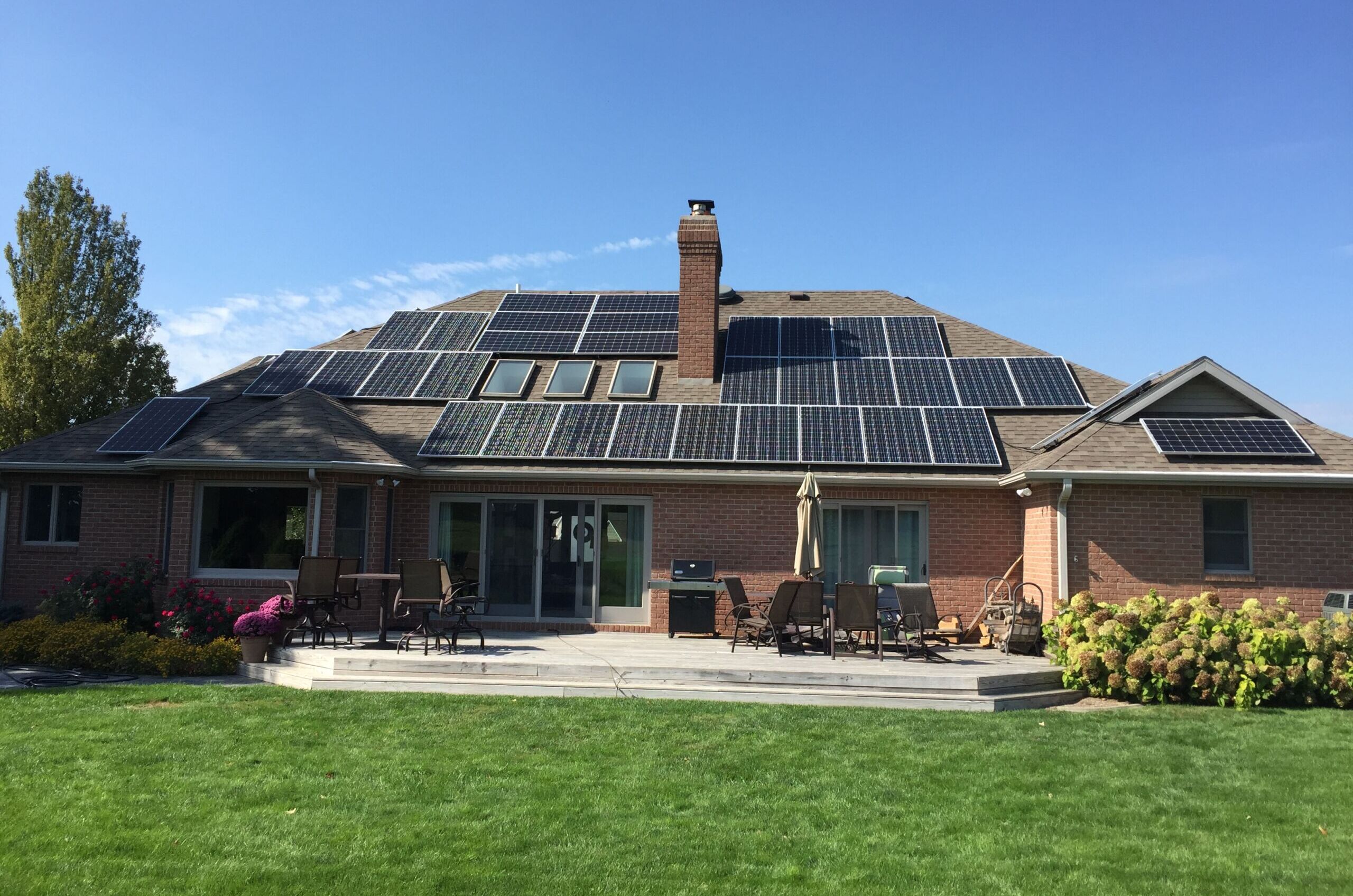
Grid-Tied Home Solar
On the other hand, grid-tied systems are connected to the utility grid and allow homeowners to sell excess energy back to the utility company. Our grid-tied solutions provide maximum flexibility and reliability, as you can still rely on the grid for power when needed.
How Switching To Solar Energy Impacts Your Life
Residential solar energy has numerous benefits. It is a reliable and renewable source of energy that can help you save on your monthly electricity bill. By using solar power, you are reducing your dependence on non-renewable sources of energy. Solar panels also require minimal maintenance and can last for up to 25 years. Installing solar panels on your home can increase the value of your property. And finally, by going solar, you are doing your part in reducing carbon emissions and helping the environment.
The Benefits Of Residential Solar
1. Estimate & Onsite-Evaluation
When you contact us for a quote and on-site evaluation, our team will conduct a thorough assessment of your property to determine the optimal solar system design. We will take into account factors such as roof orientation, shading, and energy usage patterns to create a tailored solar solution for your home.
2. Detailed Design & Proposal
Once we have completed the design process, we will provide you with a detailed proposal that outlines the costs, savings, and financing options for your solar system. We will also assist with any necessary permits and inspections to ensure a smooth installation process.
3. Bringing Your System Online
Once approved, a team of experienced residential installers will arrive to begin the installation process. Installation typically takes between 1-3 days depending on the size and complexity of the system. Our installers will work efficiently and carefully to minimize any disruption to the homeowner’s daily routine. Upon completion, the installation crew will walk the homeowner through the system’s operation and provide them with all necessary information and a personalized training.
Typical Components of A Residential Solar System
A typical residential solar installation includes several components. The most important component is the solar panels, which are responsible for converting sunlight into electricity. Other important components include inverters, which convert DC power from the panels into AC power that can be used in the home, and a mounting system that holds the panels securely in place on the roof or ground.
Electrical wiring is also installed to connect the panels and inverters to the home’s electrical system, and monitoring systems may be added to track the performance of the system over time. Additionally, batteries may be installed to store excess energy for later use.
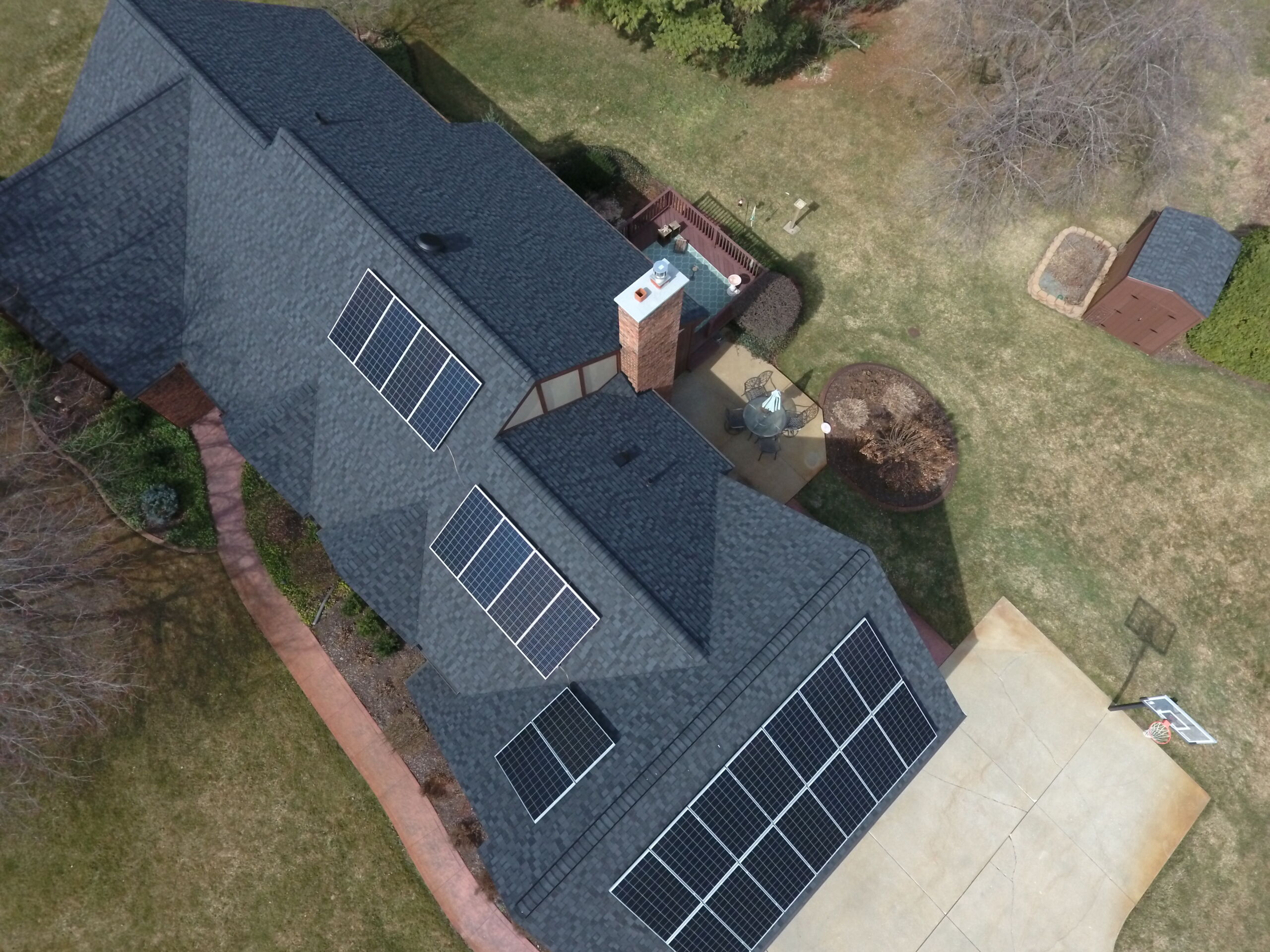
The future of energy begins now
Reimagining the power of energy.
